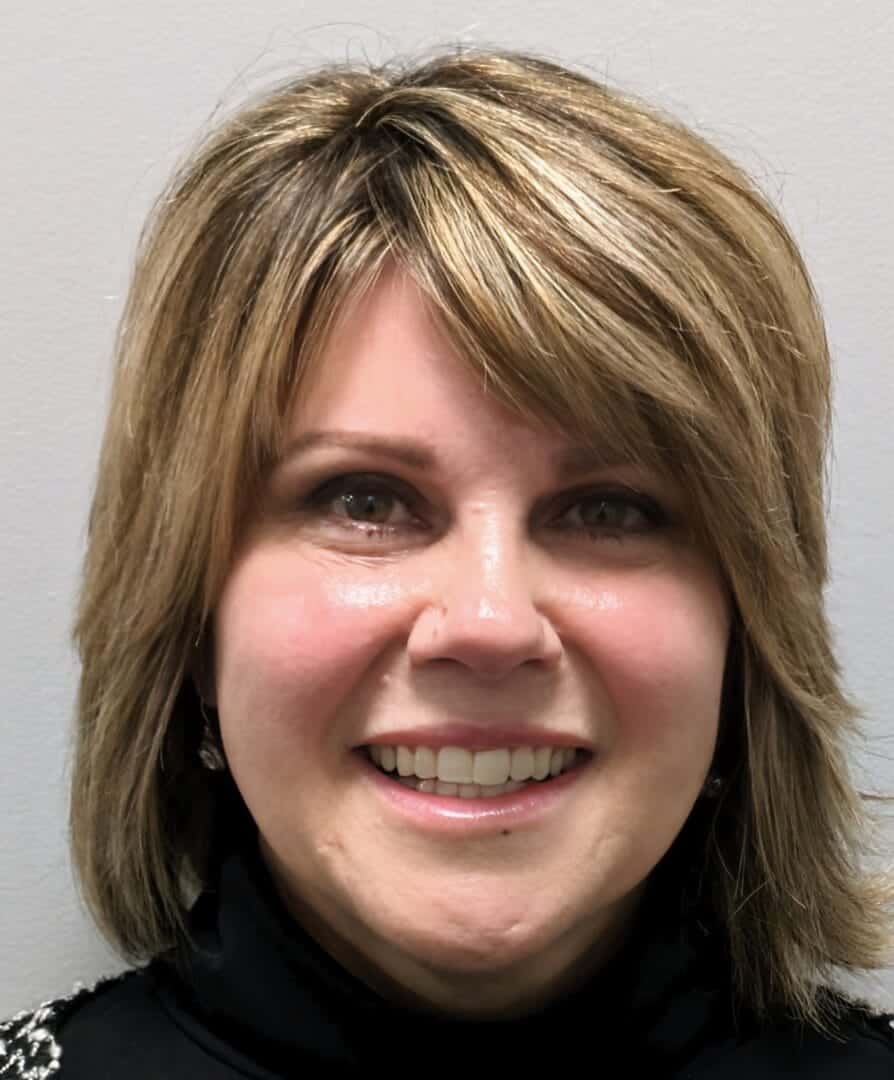Key Takeaways
-
A 12-step sponsor is someone in recovery who helps guide others through the 12 steps.
-
Sponsors provide support, accountability, and encouragement to people new to sobriety.
-
The right sponsor has experience, good listening skills, and a genuine desire to help others.
-
Finding the right sponsor is personal—take your time and choose carefully.
-
Treatment programs and therapy are also important parts of recovery.
Introduction
Getting sober isn’t easy, but you don’t have to do it alone.
If you’ve started attending 12-step meetings like Alcoholics Anonymous (AA), you’ve probably heard the word “sponsor.” A sponsor is someone who’s been where you are. They’ve worked through the 12 steps and are now helping others do the same.
The right sponsor can make a big difference in your recovery journey. They offer support when you’re struggling, help you understand the steps, and keep you on track when things get tough.
In this article, we’ll explain what a sponsor is, why they matter, and how to choose one that’s right for you.
What Is a 12-Step Sponsor?
A 12-step sponsor is a person in recovery who helps another person—called a sponsee—go through the 12 steps. They share their own experience, offer advice, and check in regularly.
A sponsor is not a counselor or a therapist. They’re not there to fix your problems. Instead, they walk beside you as someone who understands what it’s like to struggle with addiction and want to get better.
The idea of sponsorship started with Alcoholics Anonymous, but now it’s used in many recovery programs, including Narcotics Anonymous (NA), Overeaters Anonymous (OA), and others.
Why Is a Sponsor Important in Recovery?
Recovery can feel confusing and lonely, especially at the beginning. A sponsor helps you feel less alone.
Here’s why sponsors are so helpful:
-
They’ve been in your shoes.
-
They understand what it feels like to crave a drink or drug.
-
They offer support when you’re tempted to give up.
-
They guide you through each of the 12 steps, one at a time.
-
They help you stay honest and accountable.
-
They remind you that recovery is possible—even on the hard days.
For many people, having a sponsor helps them stay sober and feel supported in their recovery journey.
How to Choose the Right Sponsor
Choosing the right sponsor takes time and thought. You want someone who fits your needs, not just someone who seems popular or cool.
Look for a sponsor who:
-
Has been sober for a while (more than a year is a good start).
-
Attends 12-step meetings regularly.
-
Has already worked through the 12 steps.
-
Lives by the principles of recovery.
-
Is honest, kind, and respectful.
-
Makes time for their sponsees.
-
Listens well and gives helpful feedback.
Avoid choosing a sponsor who:
-
Has romantic feelings for you.
-
Seems controlling or judgmental.
-
Doesn’t return calls or texts.
-
Doesn’t have enough time to commit.
-
Is new to recovery themselves.
Tip: It’s okay to watch and listen at meetings before choosing a sponsor. You’ll often hear people share their story. If someone’s story inspires you, they might be a good person to ask.
When and How to Ask Someone to Be Your Sponsor
You don’t have to ask someone right away. It’s fine to take your time. But when you feel ready to start working the steps, it’s a good idea to find a sponsor.
Here’s how to do it:
-
Attend meetings regularly so you can get to know people.
-
Look for someone whose sobriety and attitude you respect.
-
Be direct and polite. You can say:
“Hi, I’ve been coming to meetings for a little while. I’m looking for a sponsor and really like what you share. Would you be willing to sponsor me?”
Most people will be honored that you asked—even if they’re not available.
And remember: you can switch sponsors if it’s not the right fit. Recovery is about growth, and sometimes that means finding someone new who better supports your journey.
What to Expect from a Sponsor–Sponsee Relationship
Every sponsor–sponsee relationship is a little different. But most sponsors will:
-
Check in with you regularly by phone, text, or in person.
-
Encourage you to attend meetings, especially when you’re struggling.
-
Help you understand and work through the 12 steps.
-
Remind you to be honest, open, and willing to change.
-
Offer advice and share their experience—but not give orders.
-
Celebrate your milestones and progress.
This relationship is built on trust, respect, and honesty. And while sponsors offer help, you’re still responsible for your own recovery.
Sponsorship, Treatment, and Behavioral Health Support
Sponsorship is a big part of the recovery process, but it’s not the only part.
People struggling with alcohol or drug addiction, or those facing behavioral health conditions, often need more than just a 12-step program. You may benefit from:
-
A mental health counselor
-
Ongoing aftercare planning
At Virtue Recovery Chandler, we support the power of sponsorship—but we also believe in comprehensive care. Our programs help people address mental health challenges, substance use, and other issues that may block recovery.
Conclusion: Recovery Is Better with Support
The journey to recovery can feel long, but you don’t have to do it alone. Finding the right sponsor is like finding a teammate—someone who believes in you, even when you don’t believe in yourself.
Whether you’re new to sobriety or returning after a relapse, the 12-step process and the right sponsor can help you find your way again.
And if you’re struggling with more than you can handle, we’re here to help.
Call Virtue Recovery Chandler today at 866-338-5779 to speak with someone who understands your journey and can help you begin the path to an addiction-free life.
FAQs About Getting a Sponsor After Addiction Treatment For Your Sobriety
What is the history behind sponsorship in Alcoholics Anonymous?
The history behind sponsorship in Alcoholics Anonymous dates back to the early days of the AA program, where experienced members would guide newcomers through the 12 steps of Alcoholics Anonymous. This concept of mentorship has evolved, emphasizing the importance of having a sponsor to provide support and guidance during the recovery process.
Why is it important to choose a good sponsor in the recovery process?
Choosing a good sponsor is crucial because they play a vital role in your recovery from alcoholism or substance use. A good sponsor offers advice and support, helping individuals struggling with addiction navigate the challenges of early recovery and maintain long-term recovery.
What qualities should I look for in an ideal sponsor?
An ideal sponsor should be a sober man or woman with a significant length of time in recovery and a strong understanding of the 12 steps of Alcoholics Anonymous. They should have the ability to provide support and acceptance, as well as the willingness to share their experiences and guide you through the program of recovery.
How does a sponsor guide individuals through the steps of recovery?
A sponsor guides individuals through the steps of recovery by helping them understand and apply the 12 steps of Alcoholics Anonymous in their lives. They provide personal insights, share their own experiences, and offer practical advice on how to navigate challenges associated with alcoholism and the recovery process.
What is the role of a sponsor in supporting recovery from substance use or mental health issues?
The role of a sponsor in supporting recovery from substance use or mental health issues is to provide ongoing support and guidance. They help individuals struggling with addiction develop coping strategies, encourage self-reflection, and promote accountability in their recovery journey.
Can I have more than one sponsor during my recovery?
While it is generally recommended to have one primary sponsor to maintain consistency in guidance, individuals may find it beneficial to seek additional support from other sober individuals within the AA program or treatment options. However, it’s important to communicate openly with your primary sponsor about any additional support you seek.
How do I approach someone to be my sponsor in Alcoholics Anonymous?
To approach someone to be your sponsor, start by attending AA meetings and observing potential sponsors. Look for someone who resonates with you and has a solid foundation in their recovery. Once you identify a potential sponsor, you can express your desire for guidance and ask if they would be willing to take on that role.
What can I expect from my sponsor during the recovery process?
You can expect your sponsor to provide support and guidance throughout your recovery process. This includes regular check-ins, helping you work through the 12 steps, sharing their experiences, and offering advice on overcoming challenges related to alcoholism and staying sober.
How many years of sobriety should my sponsor ideally have?
Ideally, your sponsor should have several years of sobriety, which demonstrates their commitment to recovery and provides them with the experience needed to help guide you effectively through the challenges of the program of recovery.
Is it common for sponsors to require certain commitments from their sponsees?
Yes, it is common for sponsors to require certain commitments from their sponsees, such as attending meetings regularly, being open and honest about their struggles, and actively working through the 12 steps of Alcoholics Anonymous. These commitments help foster accountability and ensure that both parties are engaged in the recovery process.
Resources
https://pmc.ncbi.nlm.nih.gov/articles/PMC7967695/
https://www.ebsco.com/research-starters/health-and-medicine/sponsorship-addiction-recovery








